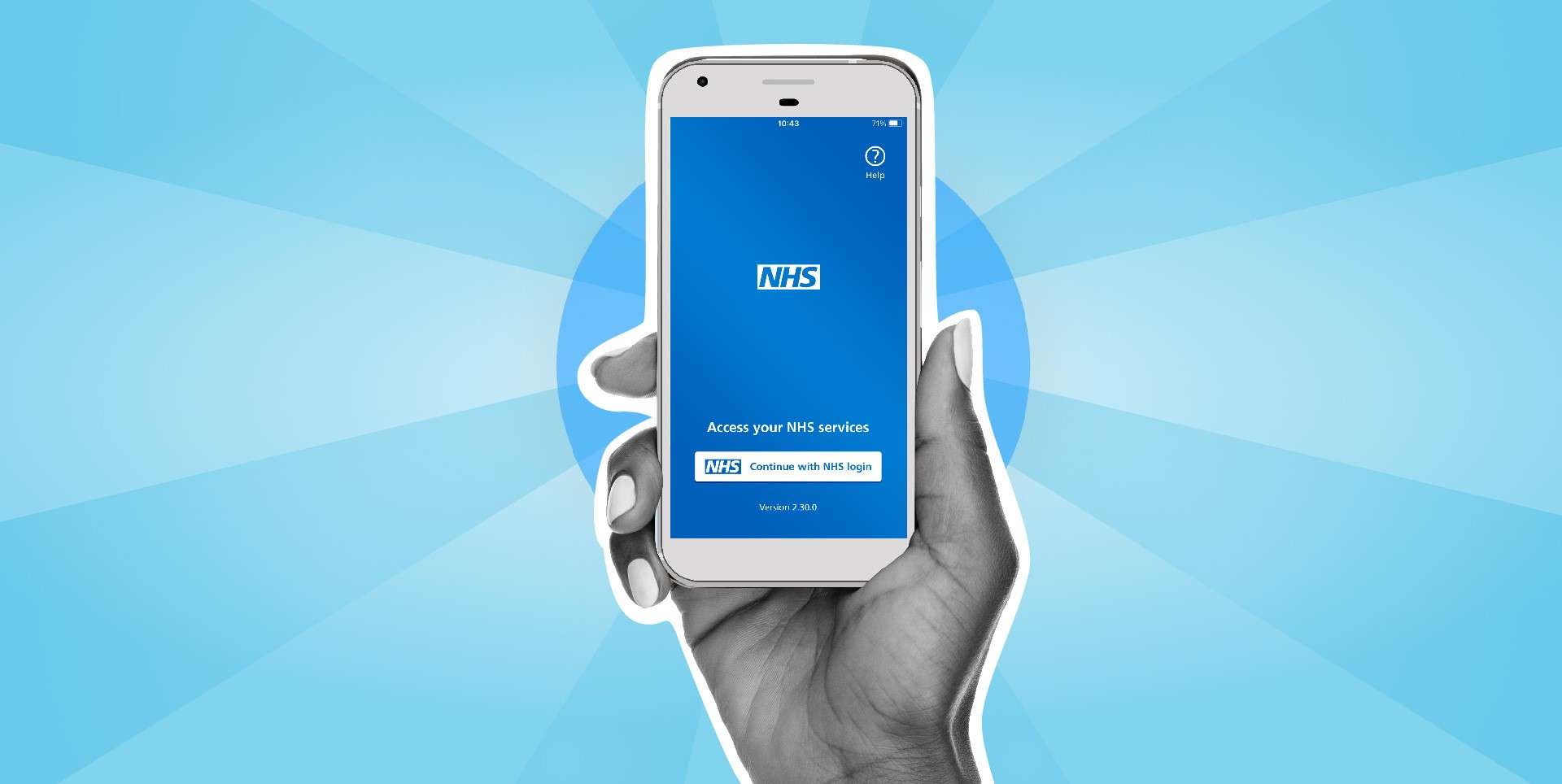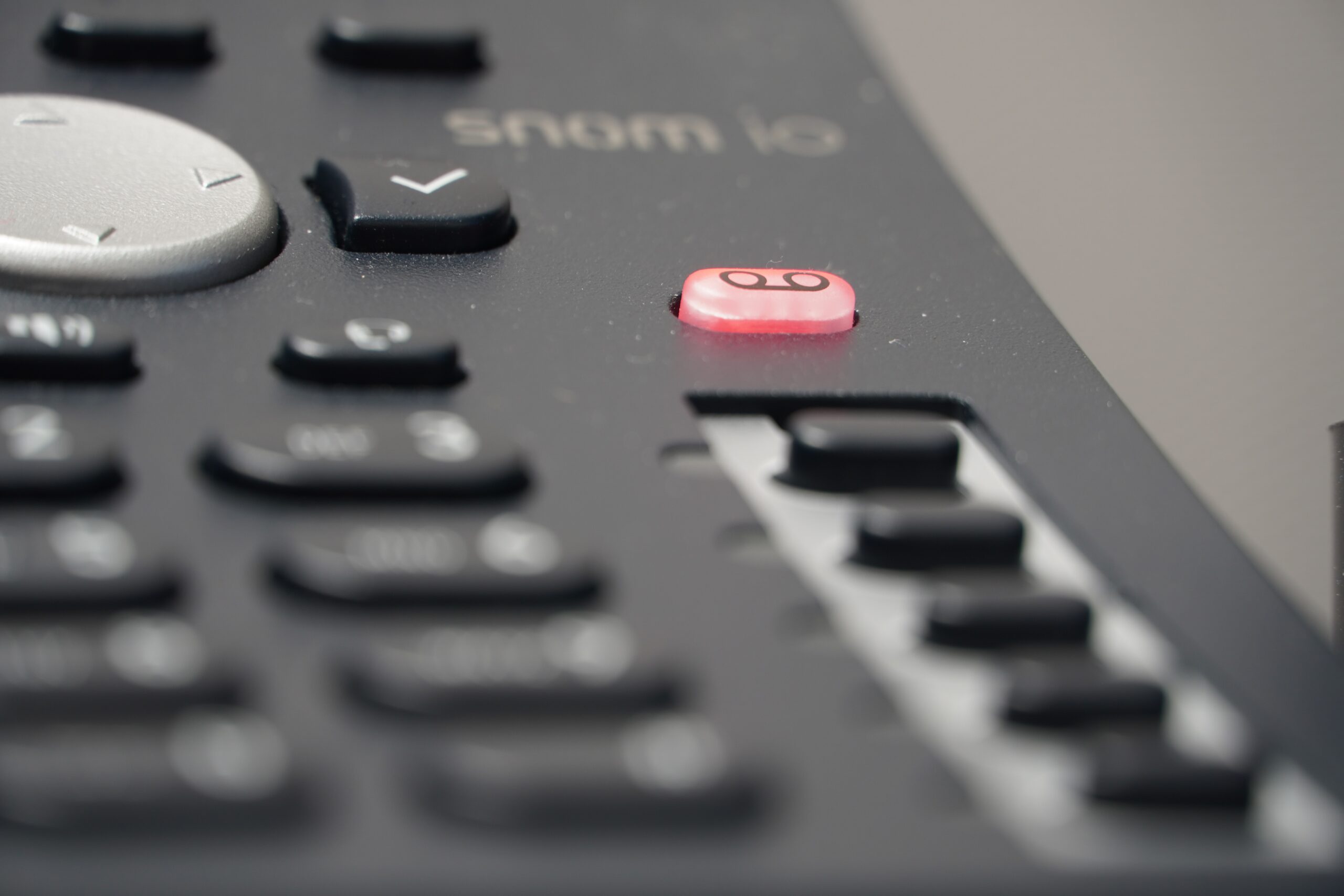More than a quarter of callers in region hung up on telephone advice service while three in four queries were not answered within a minute
Credit: Bicanski/Pixnio
The performance of the NHS 111 telephone advice service in north-west England slumped in October, with less than a quarter of calls answered within a minute and more than a quarter of callers hanging up.
North West Ambulance Service (NWAS), which operates NHS 111 across the region, said it had been affected by people wanting results from coronavirus tests – which it cannot provide – and capacity shortages caused by Covid-19.
Data for October published by NHS England on 12 November showed NWAS recorded its worst-ever month for answering calls promptly. Its staff picked up 24% of calls within a minute, compared with 40% in September and 71% in October 2019. Across England, 79% of NHS 111 calls were answered within 60 seconds last month.
NWAS also recorded its second-worst month for calls abandoned, with 29% of callers hanging up after at least 30 seconds. This figure peaked at 41% in March, a month that saw NHS 111 services across England hit by unprecedented demand at the start of the coronavirus pandemic. In October, the all-England figures for abandoned calls after 30 seconds was 7%. Measures of abandoned calls often exclude those who hang up within a short period of connecting to filter out those who misdial or call a number by accident.
Related content
- NHS launches online ‘isolation notes’ service for employees
- Data science taskforce to support NHS with rapid research
- NHS moves major systems to AWS cloud
“Demand over this period was 36% higher than October 2019 and calls were presenting at a different time of day than we would usually expect. This is in part due to a high number of requests for information about Covid-19 test bookings, to which we do not have access,” said Jacqueline Bell, North West Ambulance Service’s head of service for 111. “Calls usually peak out of hours and we align our rotas to cope with the extra demand during these periods. This has created staffing challenges, added to by significant staff absence due to Covid-19.”
“In the last five months we have proactively sought to mitigate this by recruiting more than 230 staff to our 111 contact centres,” she added. “We also have also maintained concentrated focus on infection control inside our contact centres and sites to continue to support our staff and reduce the risk to our workforce. We have seen a significant reduction in the number of staff isolating over the last few weeks.”
Parts of north-west England have moved to the ‘NHS 111 first’ model, where people are told to call the telephone service before going to an emergency department unless life is threatened. The Fylde Coast area moved to NHS 111 first on 25 August for those hoping to attend Blackpool’s Accident and Emergency department. Morecambe Bay and St Helens are adopting it this month.
Nationally, the data shows that NHS 111’s performance was badly hit by a surge in demand at the start of the coronavirus pandemic but has since largely recovered. In March, the service’s network of regional operators received 2.96 million calls, 60% more than its previous record in December 2019. Only 30% were answered within a minute and 39% were abandoned after at least 30 seconds.
Performance recovered in April and returned to near-normal levels from May to August, along with call volumes. September saw a new increase in the proportion of calls abandoned after 30 seconds to 10.5% across England, but dropped again in October. The service is handling nearly a fifth more calls than in October 2019 and is making fewer recommendations for callers to attend primary care, down from 55% a year ago to 51% last month.



